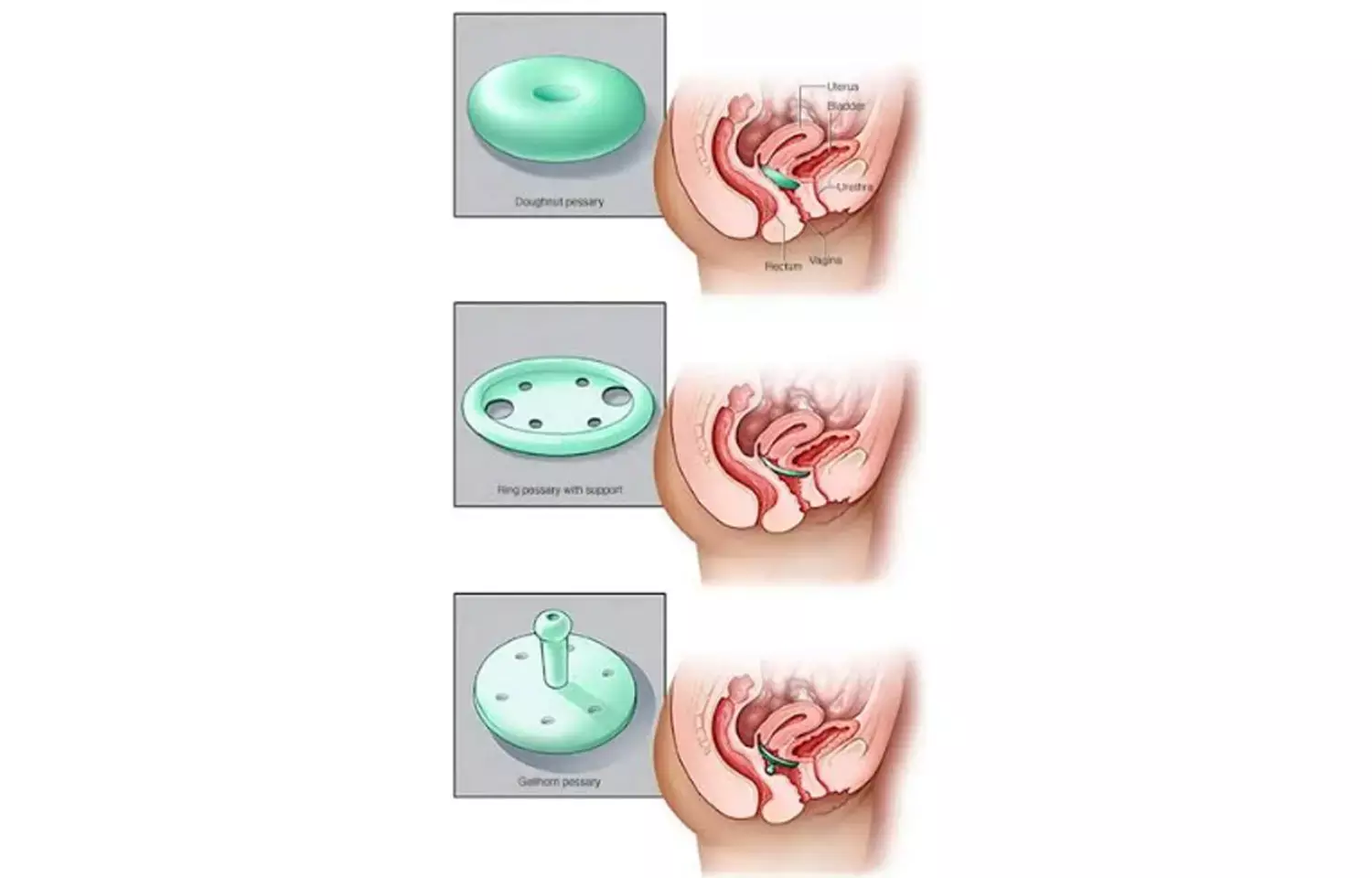- Home
- Medical news & Guidelines
- Anesthesiology
- Cardiology and CTVS
- Critical Care
- Dentistry
- Dermatology
- Diabetes and Endocrinology
- ENT
- Gastroenterology
- Medicine
- Nephrology
- Neurology
- Obstretics-Gynaecology
- Oncology
- Ophthalmology
- Orthopaedics
- Pediatrics-Neonatology
- Psychiatry
- Pulmonology
- Radiology
- Surgery
- Urology
- Laboratory Medicine
- Diet
- Nursing
- Paramedical
- Physiotherapy
- Health news
- Fact Check
- Bone Health Fact Check
- Brain Health Fact Check
- Cancer Related Fact Check
- Child Care Fact Check
- Dental and oral health fact check
- Diabetes and metabolic health fact check
- Diet and Nutrition Fact Check
- Eye and ENT Care Fact Check
- Fitness fact check
- Gut health fact check
- Heart health fact check
- Kidney health fact check
- Medical education fact check
- Men's health fact check
- Respiratory fact check
- Skin and hair care fact check
- Vaccine and Immunization fact check
- Women's health fact check
- AYUSH
- State News
- Andaman and Nicobar Islands
- Andhra Pradesh
- Arunachal Pradesh
- Assam
- Bihar
- Chandigarh
- Chattisgarh
- Dadra and Nagar Haveli
- Daman and Diu
- Delhi
- Goa
- Gujarat
- Haryana
- Himachal Pradesh
- Jammu & Kashmir
- Jharkhand
- Karnataka
- Kerala
- Ladakh
- Lakshadweep
- Madhya Pradesh
- Maharashtra
- Manipur
- Meghalaya
- Mizoram
- Nagaland
- Odisha
- Puducherry
- Punjab
- Rajasthan
- Sikkim
- Tamil Nadu
- Telangana
- Tripura
- Uttar Pradesh
- Uttrakhand
- West Bengal
- Medical Education
- Industry
Vaginal pessaries safe and simple solution for pelvic organ prolapse: Study

CLEVELAND, Ohio- The aging population combined with increasing obesity rates has resulted in more women experiencing pelvic organ prolapse. Common treatment options include pelvic reconstructive surgery or the use of pessaries to prop up descending organs. A new study evaluated the long-term effectiveness of pessaries, as well as reasons why women discontinued their use. Study results are published online today in Menopause, the journal of The North American Menopause Society (NAMS).
Despite the fact that vaginal pessaries have existed in some form for thousands of years to help treat pelvic organ prolapse, few studies have been published regarding their long-term use and effectiveness. Pessaries are devices inserted into the vagina to support prolapsed pelvic structures. Vaginal pessaries offer nonsurgical alternatives to pelvic reconstructive surgery. Two types of pessaries are most commonly used in clinical practice: the ring pessary and the Gellhorn pessary (the second-line choice when the ring pessary fails). The ring pessary is the most popular because it can easily be inserted and removed.
This new study followed up with women with pelvic organ prolapse over a 5-year period to assess their overall satisfaction with pessaries, complication rates, and common reasons for discontinuing use. Of the 312 women originally assessed, 239 mostly postmenopausal women completed the 5-year study, and 180 women were successful.
On its completion, researchers concluded that vaginal pessaries represented a safe and effective treatment option for women with symptomatic pelvic organ prolapse. Specifically, three-fourths of study participants showed significant symptom improvements and continued pessary use at 5-year follow-up, with only minor complications reported. For those women who did not continue to use pessaries, most requested reconstructive surgery within 2 years.
The most common causes for discontinuing the use of pessaries included a shorter vaginal length (less than 7.5 cm), which resulted in discomfort as a result of inserting the pessaries; poor improvement in urinary symptoms; and an incapability of self-care (meaning that family members had to assist with the placement of the pessaries).
Results are published in the article "Vaginal pessary treatment in women with symptomatic pelvic organ prolapse: a long-term prospective study."
"This study highlights the efficacy and long-term acceptability of pessaries for women with symptomatic pelvic organ prolapse, positioning them as a simple and safe solution that may obviate the need for pelvic reconstructive surgery," says Dr. Stephanie Faubion, NAMS medical director.
Hina Zahid Joined Medical Dialogue in 2017 with a passion to work as a Reporter. She coordinates with various national and international journals and association and covers all the stories related to Medical guidelines, Medical Journals, rare medical surgeries as well as all the updates in the medical field. Email: editorial@medicaldialogues.in. Contact no. 011-43720751
Dr Kamal Kant Kohli-MBBS, DTCD- a chest specialist with more than 30 years of practice and a flair for writing clinical articles, Dr Kamal Kant Kohli joined Medical Dialogues as a Chief Editor of Medical News. Besides writing articles, as an editor, he proofreads and verifies all the medical content published on Medical Dialogues including those coming from journals, studies,medical conferences,guidelines etc. Email: drkohli@medicaldialogues.in. Contact no. 011-43720751


